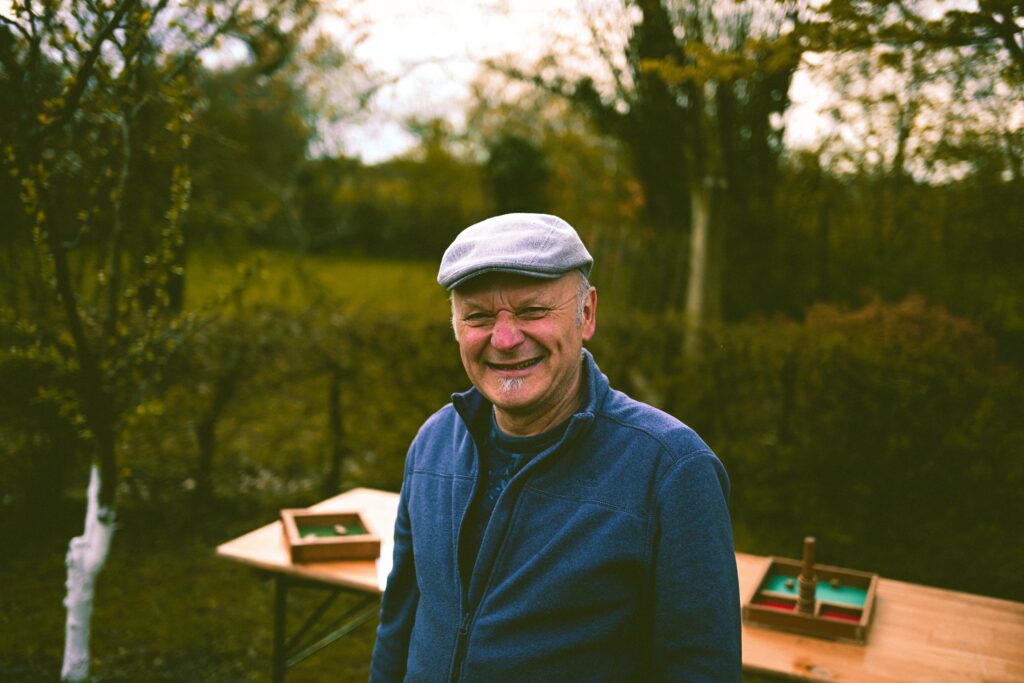It’s fairly common for retirement planning questions to focus solely on the financial aspects of securing a comfortable retirement (What Issues Should I Consider Before I Retire). However, few individuals take the time to consider non-financial concerns. Most people don’t put the due emphasis on living a satisfying retirement. I tend to ask… “what does retirement look like for you?” There is a long pause. When I follow up with “What does elder care look like during the last 5-10 years of retirement,”… it’s an even longer pause!
It’s then no surprise that when retirees report being dissatisfied with their retirement experience, the disappointment is often focused on lifestyle changes and diminishing self-esteem created by a lack of direction and a loss of feeling productive. This does not translate well to a satisfying retirement.
In short – I often see people symbolize their self-worth in their careers. Later in life, I see this happen again when our home becomes a symbol of independence. But I say, we are valuable and can remain independent despite our career or home status. And when we hang on too long to our career for non-financial reasons, there comes a time when it feels (and maybe is) too late to meaningfully make a transition into post-retirement. We miss the boat of making new friends and finding those with shared interests. Here we will share 4 useful tips that will help you live a satisfying retirement:
1) Slow and Steady Wins the Race
The key to living a satisfying retirement is to phase into retirement slowly if possible. Many individuals who are about to retire welcome the idea of continuing to engage in some form of work, whether consulting, job-sharing, mentoring, or, for business owners, providing back-up management. Others want to jump into a “second-act” career which may be totally different than the job before, but provides flexibility and interest. This ultimately builds up to a satisfying retirement.
Either way, a phased-in retirement can help provide an “anchor” that allows you to explore new activities while continuing to maintain a meaningful role. And if you don’t have that option, then make an attempt to spend your off-hours and vacation time investigating your interests and options before having to officially end your work relationship.

I would go as far as suggesting to create a mock calendar of what a month in retirement could look like. Even if you’re gung-ho to stop working, playing the golf course can loose it’s appeal after a month. It’s wise to really think through what your days will consist of and start making a bucket list of what you’d like to accomplish. Only in this can you make living a satisfying retirement a reality.
2) Never Symbolize Career with Self-Worth
Some individuals may find that separating from their job, profession, or business is a more emotionally wrenching experience than they ever expected. Again, I think this is due to symbolizing career with self-worth (made worse by lack of planning for what to accomplish in retirement). For hard-working ex-business owners, executives, and professionals, it could take years to detach from the heavy personal investment they had in their work if a runway isn’t deliberately planned.
If this person is self-employed, they still likely have to be accessible as needed, which makes it difficult to plan travel or other engagements. This can be especially hard on a spouse who is more than ready to enjoy retirement, but is held back by their partner who is having a tough time detaching. I implore a couple in this situation to agree upon and set deadlines, because otherwise retirement can become an indefinite proposal.
3) Three Things to Have For a Satisfying Retirement
The idea of retirement conjures different lifestyle images and meanings for any given person. While some are counting down the minutes to completing their final career milestone, others are almost absurdly resistant to winding down. Ironically, it’s not uncommon to find retirement cheerleaders quickly bored and those most resistant saying they should have retired sooner. So what makes for a successful retirement? I believe it’s the old adage of…
Someone to love
Something to do
Something to look forward to
Those resistant to retirement feel they have these three things and want to preserve their situation. The idea of change then puts the success of their retirement in jeopardy. However, it’s important to realize that this adage is describing a moving target.
What if your resistance to change is to appease a spouse, but they pass on? Would it be so awful to position yourself so you could love not only the spouse, but be in the company of friends, children, or grandchildren? What if your fear of retirement is losing your “something to do?” Isn’t it quite likely that joining a new community would provide you with ample opportunity to participate in interesting discussion, travel, social outings, volunteer efforts, part-time consulting jobs, and more?
Do you really look forward to your job, or is it simply comfortable? Being in such a deep comfort zone means we’re not growing and therefore not stimulated.
4) The Perspective for Living a Satisfying Retirement
Perspective is really the key to enjoying your later years. While “retirement” suggests the end of your working life, a more positive viewpoint can allow you to see retirement as the beginning of a new phase of life—a phase in which you can do all the things you never seemed to find the time for while you were working. And this is the very concept of a satisfying retirement.
- This is the time to plan the trip of a lifetime or AirBNB for weeks at a time in places you’ve always meant to visit.
- Your opportunity to volunteer vs writing out a check.
- Be apart of local government.
- Spend time with your grandkids.
- Fix up the house and have fun with decorating.
- Join a local club to meet new people and get back into swimming, gardening, or tennis.
During your working years, it is common to take your lifestyle for granted. After retirement, with more time available for contemplation, it is both appropriate and wise to look carefully at how you have been living, and to consider the importance of your various activities. Depending on individual circumstances, you may wish to reorder your priorities. You may find that you just don’t need to be doing some of the things that seemed so important when you were working.
If you view retirement as an opportunity for exploration and new challenges, you can start living a satisfying retirement. You will make this transition an exciting and enjoyable process. Your horizons are limited only by the bounds of your imagination. You’ve earned this opportunity—enjoy the journey. And if you are someone who would like to have a detailed retirement plan, this interesting article will help you learn more about it.




